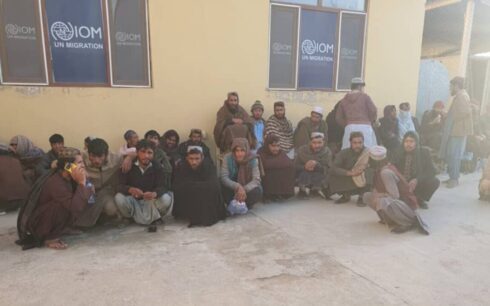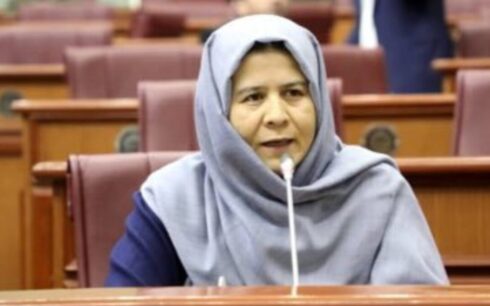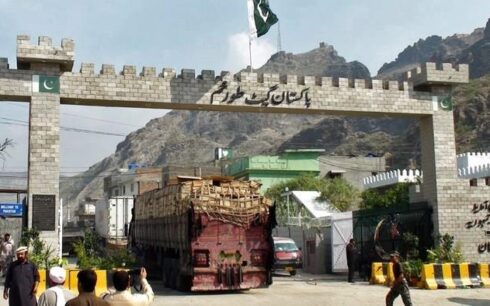BADAKHSHAN, Afghanistan — Taliban said on Friday that a “joint operation” to eradicate poppy cultivation has commenced in Darayim and Argo districts in northeastern Badakhshan province, where two local residents killed in protests a week ago.
Quoted by Taliban-run Bakhtar News Agency, Noorullah Nazari, spokesperson for the Taliban’s 219th Omar Corps, said the “operation” is conducted by the 219th Corps’ Triple Brigade with “local cooperation”, and that it will continue.
This coincides with unresolved issues between the Taliban and local protesters in Darayim and Argo.
Two sources from Badakhshan reported that a recent meeting in Faizabad, the provincial capital, between protesters and a Taliban delegation led by Fasihuddin Fitrat ended without resolution, with protesters also facing threats of “torture and imprisonment”.
On Saturday, May 4, residents of Darayim and Argo districts initiated widespread protests against the Taliban.
One week ago, residents of Darayim and Argo launched widespread protests against the Taliban. According to sources, a man named Nizamuddin from Darayim district and a newlywed named Abdul Basit from Argo district were killed by Taliban gunfire during these protests. Additionally, 15 others were injured.
Previously, protesters had demanded in a resolution that the Taliban hand over the perpetrators of these killings to the people. The resolution also called for the expulsion of those Taliban members from Badakhshan who are not fluent in the local language.
The Taliban has stated that the protests began after their forces attempted to destroy poppy fields, which met with local opposition.
However, some political figures, human rights activists, and national political movements argue that these protests reflect the people’s growing alienation from the Taliban, attributing it to the existing tyranny in the country.
According to sources, the protests resulted in the deaths of a man named Nizamuddin in Darayim and a newlywed named Abdul Basit in Argo, both allegedly shot by Taliban forces.
Additionally, 15 others were reported injured during these demonstrations.
Protesters had previously demanded in a resolution that the Taliban hand over the killers of the two men and expel those Taliban members from Badakhshan who are not fluent in the local language.
Despite the Taliban’s claim that the protests arose from their forces trying to destroy poppy fields, which was met with local opposition, political figures, human rights activists, and national political movements suggest that these protests demonstrate the people’s growing distance from the Taliban, attributing this to the prevailing tyranny in the country.





